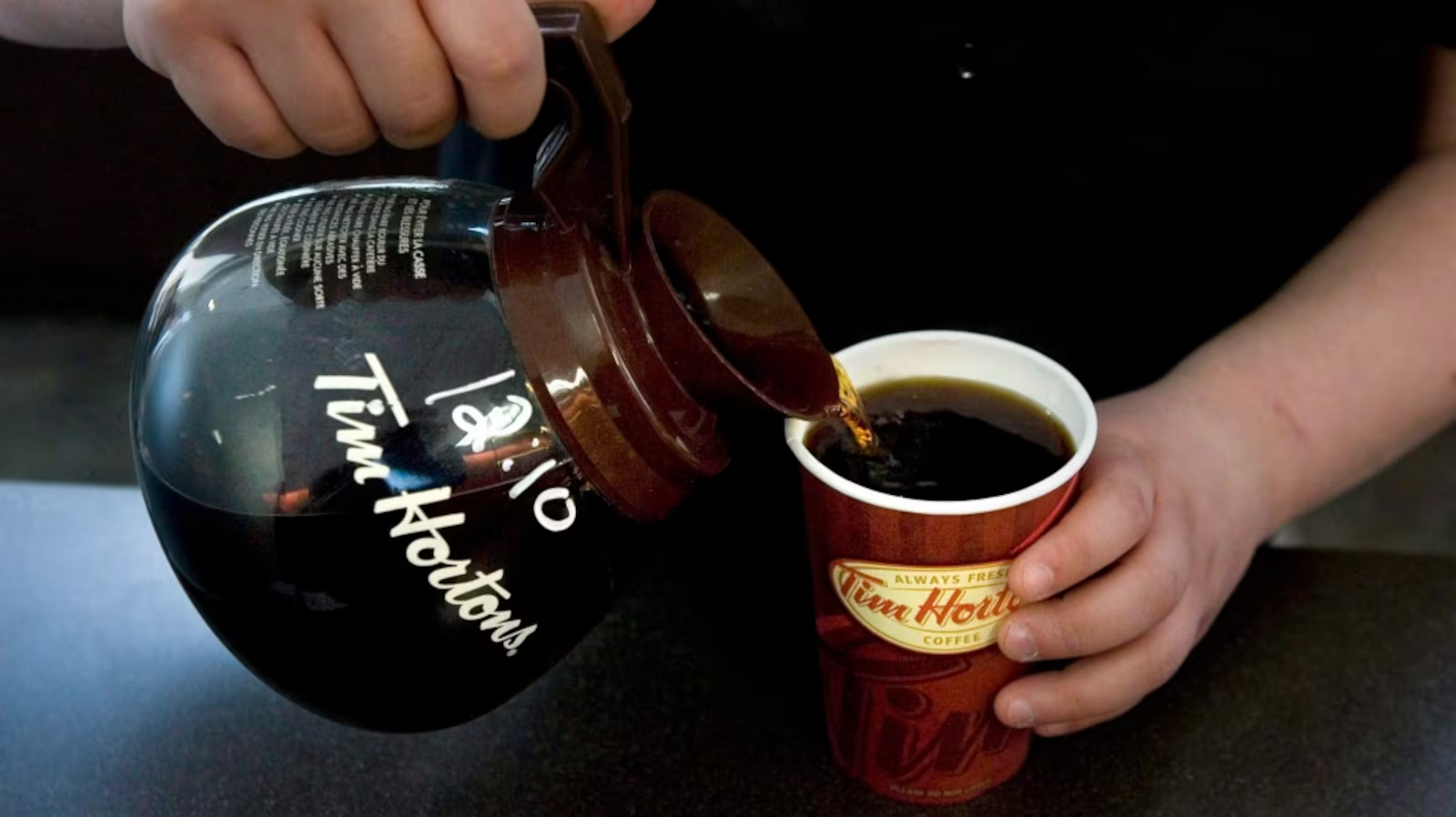Toronto — Canadians are paying more for their daily cup of coffee as Tim Hortons raises prices for the first time in three years, reflecting a wider global trend of rising coffee costs and trade disruptions.
The company confirmed to CTV News that it is increasing coffee prices by an average of 1.5 per cent per cup — roughly three cents — calling the move “more than reasonable” given broader inflationary pressures. Over the past three years, the price of coffee beans has more than doubled, soaring from $221 to $545 per pound.
The price hikes extend beyond coffee shops. Statistics Canada reported last month that Canadians paid 27.9 per cent more for coffee at grocery stores in August compared to the same period a year earlier. Canada imported $1.3 billion worth of coffee in July alone, bringing in 131 million kilograms of unroasted beans. Nearly a quarter of that came from Colombia, with Brazil, Mexico, Peru, and Central American countries supplying most of the rest.
While unroasted beans typically come from Latin America, roasted coffee largely comes from the United States, and has been caught up in recent tariff battles. U.S. President Donald Trump imposed tariffs on Brazilian coffee, and Canada responded with countermeasures that temporarily raised costs for Canadian importers. StatCan noted these tariffs likely contributed to higher prices earlier this year.
Loblaw’s September food inflation report highlighted coffee as a key pressure point. It said coffee prices have “climbed back near their 2025 highs,” blaming the 50 per cent U.S. tariffs on Brazilian exports, the world’s largest coffee producer. The report added that buyers are now competing for alternative sources, while Brazilian growers are holding back supply amid market volatility.
Overall, food prices rose 3.5 per cent in August — outpacing the Consumer Price Index’s 1.9 per cent increase — further squeezing household budgets. Loblaw said that since September 1, when most retaliatory tariffs were dropped, supply has begun “flowing through” more normally to consumers, but warned that global coffee markets remain unsettled.

